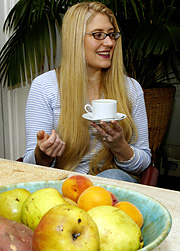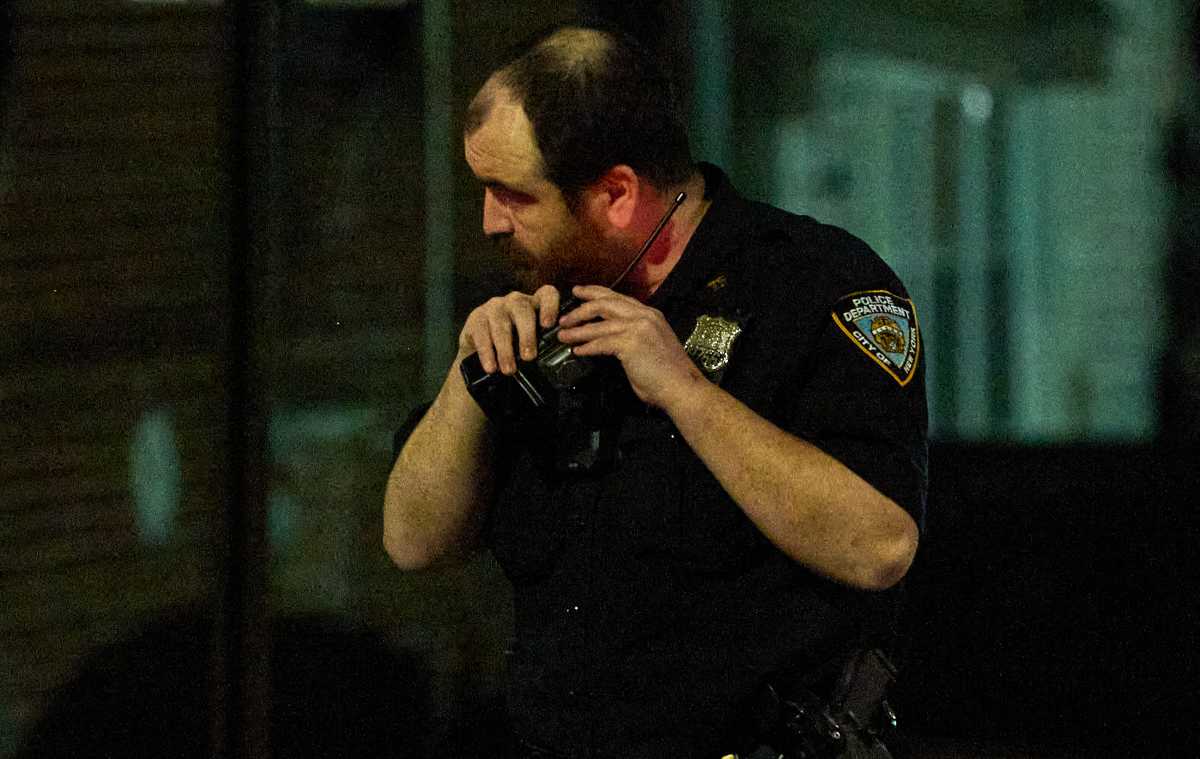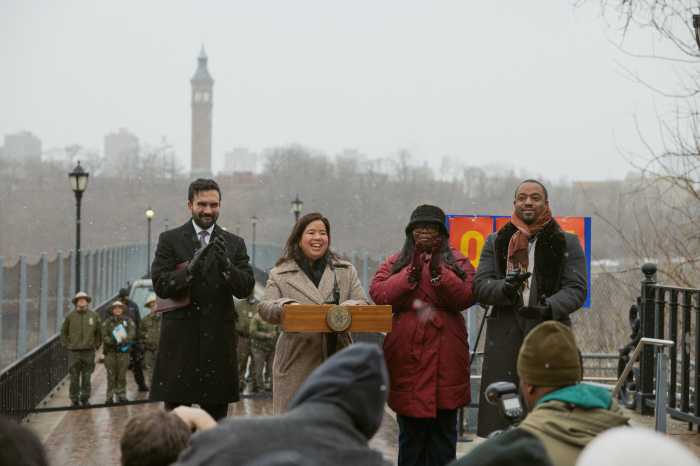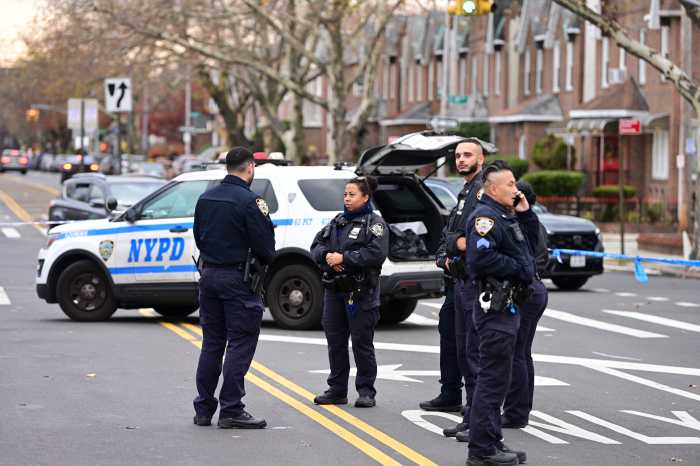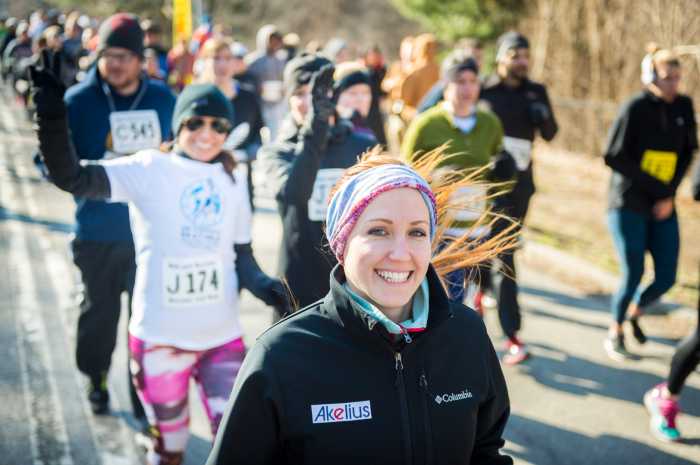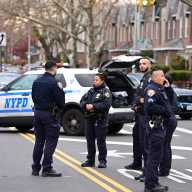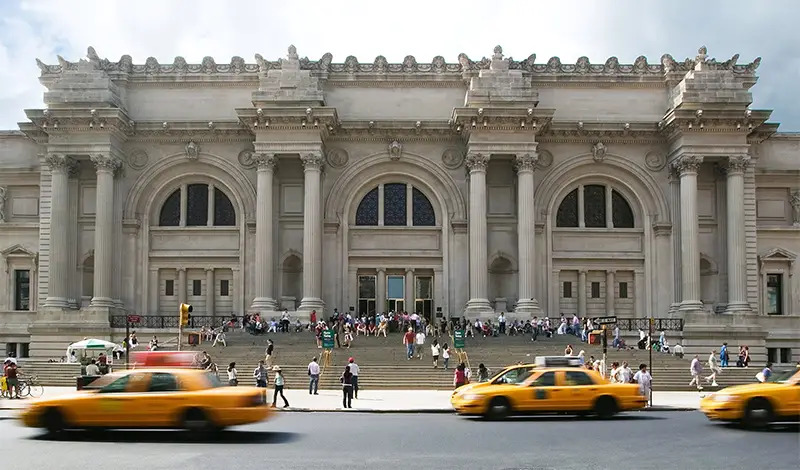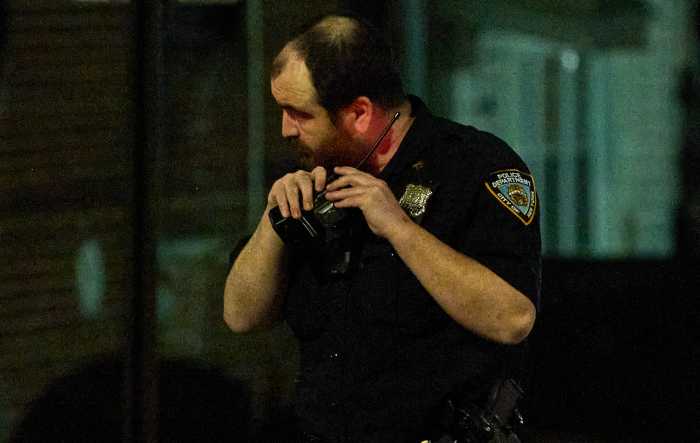A Brooklyn Heights food-lover has quit her local produce-buying club, sending shockwaves through the organic food community and, more dishearteningly, her yoga class.
Fortune Elkins’s tale of agricultural woe began in that very class last year, when fellow yogi Seth Asher regaled her about the noticeable “difference” between supermarket produce and the organic version available from the local community supported agriculture group.
So Elkins plunked down $420 to join the Cobble Hill CSA, which, like other such groups, connects organic farmers to eco-minded city-dwellers who want to explore exotic root vegetables.
Essentially, joining a CSA amounts to buying a share of a local farmer’s crop. And like buying a share in a stock, there are risks.
“I imagined beautiful, happy, organic vegetables and instead, I got corn grubs and an education on sweet potato diseases,” said Elkins, who is now getting her produce at the “Garden of Eden” grocer near her home.
Elkins admitted that she was the only openly disappointed member of her 200-person group. Now she faces agricultural and social ostracism.
“Half of my yoga class stopped talking to me after I complained,” she said.
But her experience is not uncommon.
“The food is incredibly fresh — but it’s not always beautiful,” said Paula Lukats, manager of Just Food, a non-profit that helped establish CSAs in many neighborhoods. “People who shop in stores that throw away anything with a bruise are sometimes disappointed.”
Or as Bill Halsey, the Long Island farmer who grew the imperfect produce, put it: “[If] you grow sweet corn without pesticides to kill corn grubs, you get corn grubs.”
Halsey said his yams were not diseased. “I’m still eating them,” he said.
And Asher disagrees with Elkins about her abandonment of the CSA, though he understands her reasoning.
“Some weeks the apples are perfectly ripe and gorgeous,” he said. “Other weeks, you slice away a sliver of mottled corn.”


